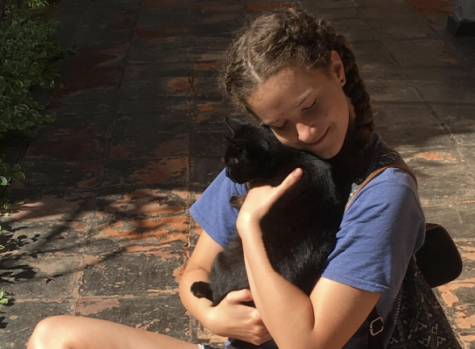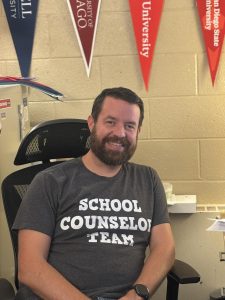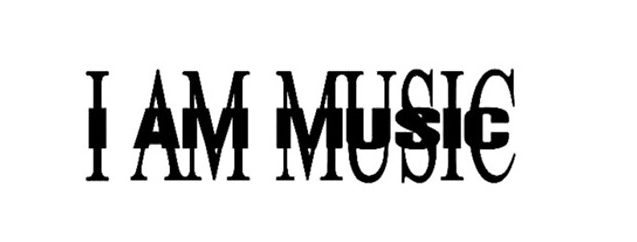A Day in the Life of an IB Diploma Student: Harrison Tracy, Tiffany Lau & Jazzy Meyer
February 24, 2020
Homework. Tests. Extracurriculars. Clubs. College applications. It’s miraculous that today’s high schoolers don’t break under the crushing weight of their textbooks and assignments. The IB program goes beyond typical classroom expectations by touching every aspect of its students’ lives. The IB Diploma program has been an option for juniors and seniors at Mendham High School for twenty years (for more information, see here). The program will graduate its 20th class of diploma candidates this June, a huge milestone for the program. The program requires students to take classes in six subject areas and an IB-specific class called Theory of Knowledge (TOK), complete CAS (creativity, activity, service) activities, and write an Extended Essay (EE). Several MHS students offered insight into their daily lives in the IB Diploma Program to reveal the hard work that goes into the program.
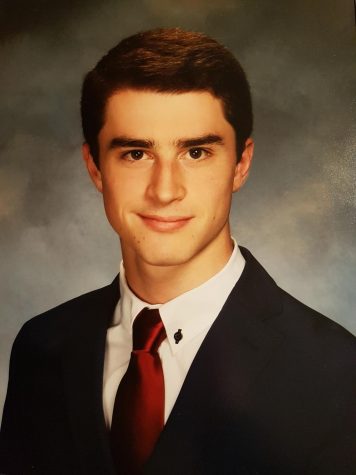
Harrison Tracy, a senior, felt that the IB was a natural choice “because I started the IB program before I moved here. I was in the Middle Years program, which is basically a pre-IB program which preps you for the workload in the IB program.” This year, he is taking Business Management SL, French SL, English HL, Math HL, Physics HL, History HL, PE/TOK, as well as a study hall. With the heavy workload his challenging IB courses provide, Tracy spends “between two and three hours a day on homework. English and History take up the most of my time, but in terms of studying for tests, [I spend the most time on] math or physics.”
While most of his homework is for ‘traditional classes’ and not for requirements of the IB program, Tracy does spend time outside of school on his CAS project and his EE. Currently, he is working on his CAS project: an eyeglass drive for the Lions Club. He explains, “I am donating used eyeglasses to people who can’t afford prescriptions.” Beyond the extracurricular component of the IB program, Tracy “was part of a rugby team, but I injured myself so I’m not currently doing that,” but “I enjoy walking my dog, Kasper.” He explains, “I’m not doing many extracurriculars at the moment. I usually do more during the summer because there’s not a lot of time during the school year.”
Senior Tiffany Lau is also involved in the IB Diploma Program. She explained her decision making, saying, “All of the classes I was going to take anyways would fulfill the program, so I just did it.” This year, Lau is taking Further Math at an HL level, HL English, IB Business Management, HL Chinese, HL Psychology, TOK/Gym, Orchestra, and IB-AP Physics 1. The amount of time Lau spends on homework is variable. She explains, “it really depends. Sometimes it would be like maybe an hour, if not less, but if I have a lot of homework it would take me maybe five hours if I had a lot of studying to do. I’m usually finished with my homework by 5:00. I like to study at night, so even if I’m done at 5:00, I won’t start studying until 7:00.”

Lau is incredibly busy outside of school too. When she’s not fencing, she gets home at around 3:00, but “during fencing, I get home right after practice, which would be around five, or if I had a meet it would be around 9:00.” In addition to fencing, she plays the violin. She says, “I have a class that I go to after school. I get home at 5:00 from violin.” Lau also tutors and is in a research program. She explains, “I have to go to Bergen Community College and write and conduct research since I’m a co-author of the research paper.” At school, she is the president of the service club and the president of Science Olympiad.
The IB program fit well into Lau’s busy schedule, but she attributes some of her success to time management and organization: “I didn’t spend that much time on IB outside of school because it was spaced so far out. In a week, I would work on it for an hour or two. I could do it whenever I had time.” This allowed her to complete her EE and other requirements over the entirety of her junior and senior years, as opposed to procrastinating and cramming. She confesses that, for her, the CAS component of the IB Program “was kind of complicated. For creativity, I created lesson plans, the activity was either fencing or running, and service was service club.” Lau feels that her existing busy schedule helped her to thrive in the IB program: “I didn’t have to do many extra things, because everything IB wanted me to do I was already doing.”
Junior Jazzy Meyer explains why she chose the IB Diploma Program, saying, “Whenever I go somewhere, I consider it a wasted opportunity if I don’t choose the most difficult path, because I’m scared of regretting taking something easier.” This year is she is taking IB-HL Chinese IV, Calculus Analysis HL, AP Stat, AP/IB-SL Physics, AP/IB-HL English, Gym/TOK, IB-SL History, and IB-HL Band/Music. She spends a minimum of 5-6 hours and sometimes more on homework each day, occasionally spending 7-8 hours on her assignments on a busy day.
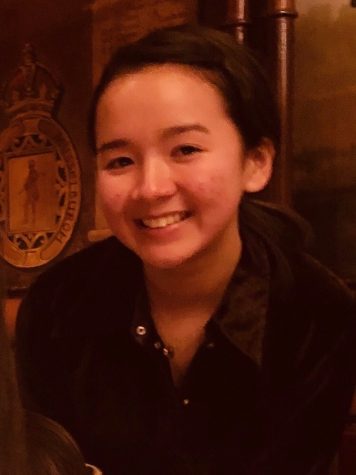
Meyer balances her difficult academic schedule with equally challenging extracurriculars: competitive piano, jazz band, flute choir, symphony, and working as a cantor and pianist at her church. Meyer practices her piano daily, “aiming for four hours a day, but because of homework, it usually ends up being two to three hours.” She is also “learning a third language, Cantonese,” and is“taking weekly classes for that.”
Like senior Tiffany Lau, Meyer found it easy to fit IB into her routine. She says, “All my extracurriculars are pretty much my CAS. I spend 25 hours a week on it.” Meyer is less consistent with her other IB requirements. She says of her EE, “I work on it spontaneously. Maybe, on average, about 5 minutes per day, but I don’t work on it consistently.”
IB Diploma Coordinator, Mrs. Pereira explained her hopes for how IB Diploma students would spend their time in the program, saying “For the diploma students… we really want kids to focus on their time management skills so that they don’t bunch up everything until the end or they don’t procrastinate… They try hard to plan ahead for big term assignments and manage their weeknight loads and their weekends so they feel that they’re not drowning in work.” Regardless of extracurricular or academic commitments, these IB students and the other in the program have to learn to manage their time well to succeed.

